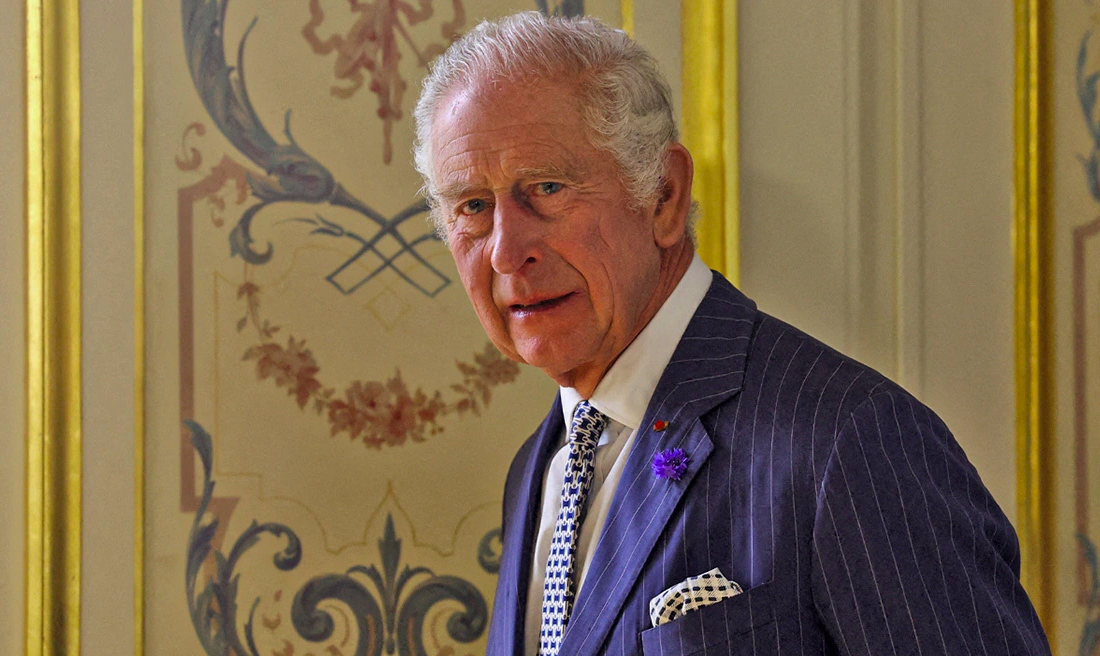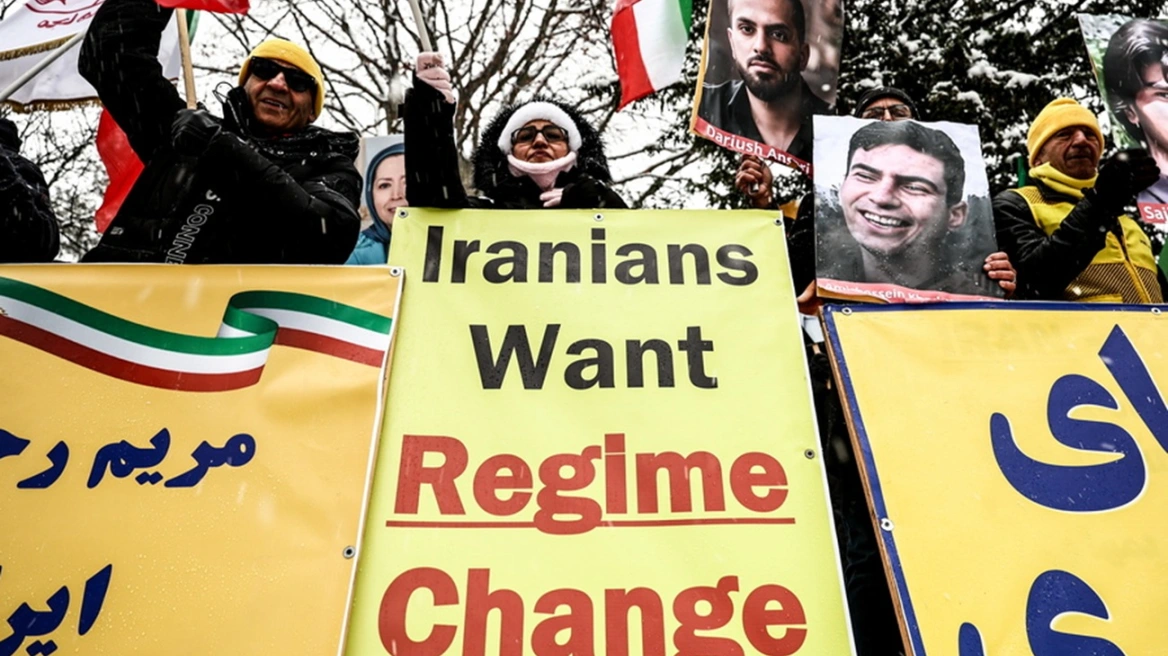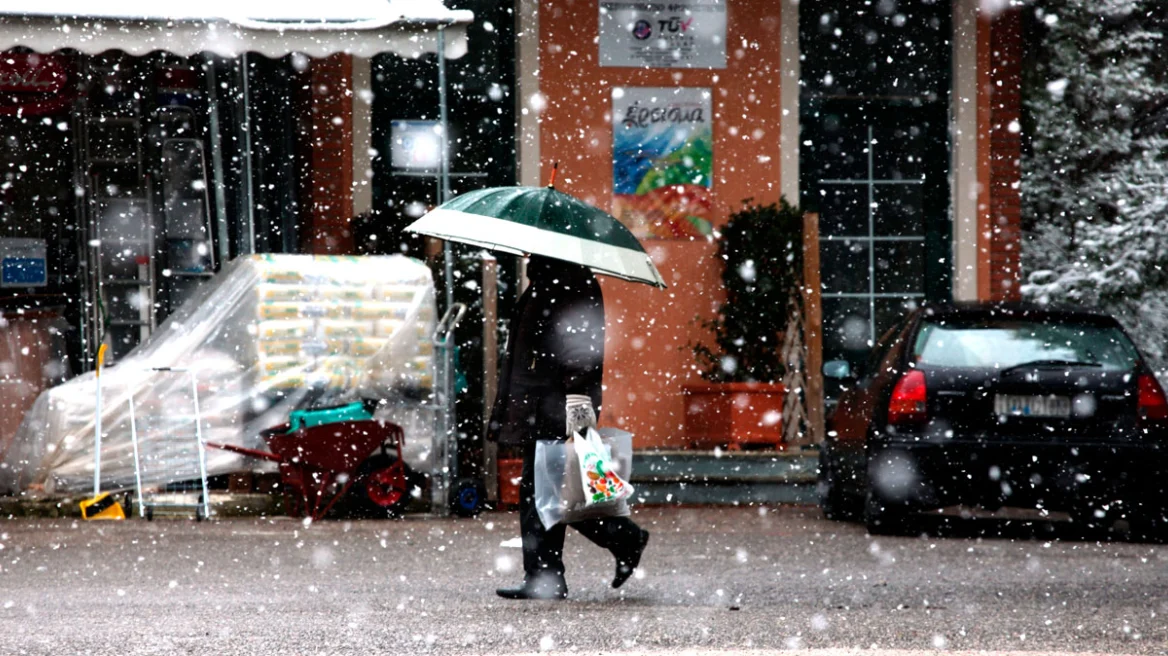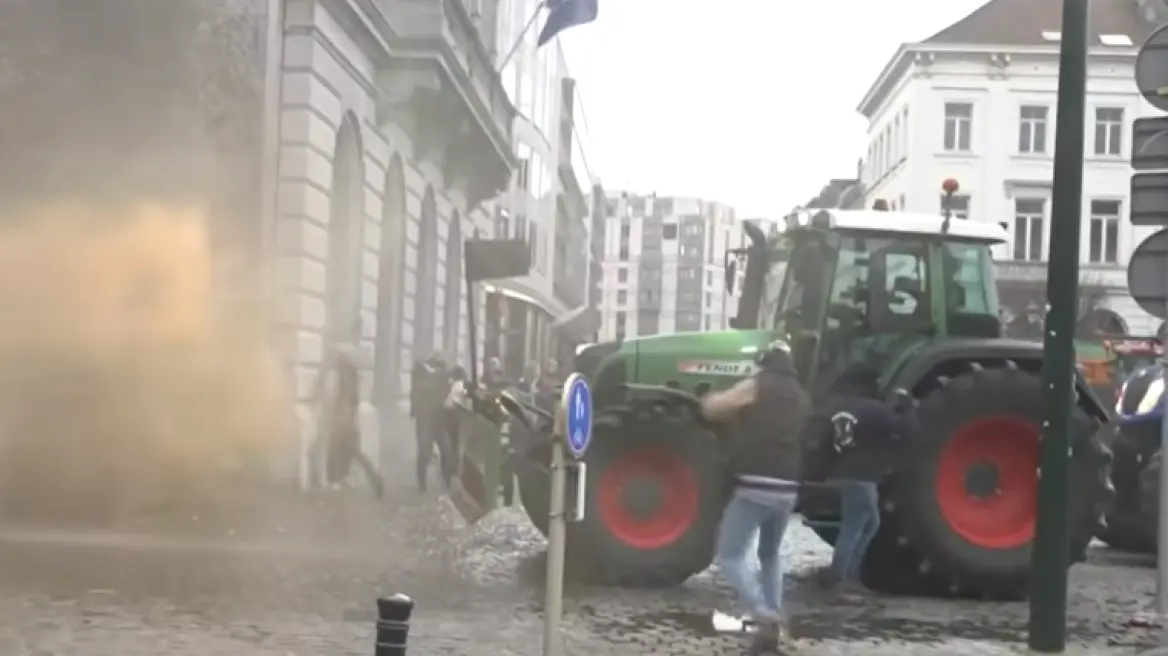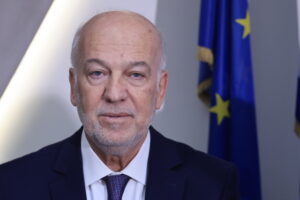King Charles traveled to northern England today to pay tribute to the victims and families affected by a knife attack last month, which sparked riots and racist attacks against Muslims and migrants.
During a visit to Southport, the town where the attack occurred, Charles met with surviving children and their families. He is also scheduled to meet with representatives of local emergency services and community groups, primarily religious leaders. Additionally, he is expected to speak with the families of the three girls who were killed.
Charles also made a stop to view the flowers and toys left by the public in memory of the attack’s victims, with the gathered crowd cheering and applauding him.
Three girls, aged 6, 7, and 9, were killed, along with eight other children and two adults who tried to protect them, in the attack on July 29 during a Taylor Swift-inspired dance class. This crime led to riots after incorrect information spread online suggesting the attack was carried out by an Islamist migrant.
A 17-year-old, who, according to the police, was born in Britain, has been charged with three counts of murder, ten counts of attempted murder, and one count of possessing an offensive weapon.
Charles praised the spirit shown by the community, their compassion and resilience against the aggression and criminality of the rioters, and expressed hope that mutual respect and understanding will continue to unite the nation.
The king and his wife Camilla quickly issued a message of condolences to the families of the victims after the attack.
Subsequently, Charles did not make any public statements during the unrest, which targeted mosques and hotels housing migrants, as well as commercial establishments and public services. Since then, around 500 individuals have been charged with violence or incitement to hatred via the internet.
Once calm was restored, Charles eventually thanked law enforcement for dealing with the violence perpetrated by “a small number” of people and called for unity.
The king’s ten days of silence were compared to the neutrality his mother, Elizabeth, demonstrated so steadfastly that she was sometimes accused of a lack of empathy.
She had not visited the area of the unrest, which erupted after the death of a young mixed-race man, Mark Duggan, who was shot by police in 2011 in North London.
Ask me anything
Explore related questions
